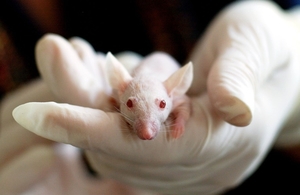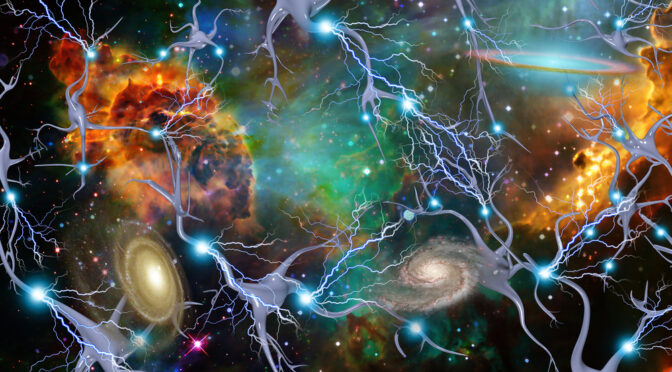Our memories are at the heart of who we are. Whether the memories have are painful or happy, they shape the person we become and help us make sense of the world around us. However, as we age our brains adhere to the entropic principle of the universe, meaning that we slowly begin to forget moments from our lives.
This ‘natural amnesia’ becomes a source of great sorrow and hurt for many people as they struggle to recall their childhood or how they felt during significant moments in their life. Whether memory loss is caused by a head injury, aging or a degenerative brain condition, such as Alzheimer’s, finding out how to get them back from locked compartments in our minds has puzzled scientists for centuries.
A team of scientists at the Massachusetts Institute of Technology (MIT) released a set of results from their memory study, which could begin to answer how we retrieve ‘lost’ memories.

The research team, led by Susumu Tonegawa, set out on the project to start answering an age old scientific question; were ‘lost’ memories caused by damage to specific brain cells, or by a ‘blockage’ in its storage?
‘Brain researchers have been divided for decades on whether amnesia is caused by an impairment in the storage of a memory, or in its recall,’ says Tonegawa. ‘The majority of researchers have favored the storage theory, but we have shown in this paper that this majority theory is probably wrong. Amnesia is a problem of retrieval impairment.’
The research itself was conducted on mice, which meant giving them amnesia. To do this the team shocked the rodents every time they entered a particular room in a maze – named chamber A. By doing this the mice would ‘freeze’ when they approached the room, as they remembered the previous shock.
By analyzing the mouse’s brain, the team was able to pinpoint the neurons that activated the memory of the shock. Once pinpointed the mice in one group were be given a chemical called anisomycin. This chemical inhibits the synaptic strength and prevents protein synthesis necessary for memory coding.
Next time these mice would enter chamber A they wouldn’t remember the previous shocks and would walk into the room without pause, whereas the control group continued to freeze. The team had proven that the mouse’s memory loss was caused by ‘retrieval impairment.’

The results suggest that different processes store and recall our memories, even suggesting that damage to the neurons changes their chemical composition making the act of remembering them altogether more difficult.
The final experiment on the mice was to attempt to recall memories through emotional triggers, which had no effect. The only way to recall the memory of the animals was to reactivate the protein synthesis. These findings could alter the way the way scientists research cures for amnesia and Alzheimer’s.
‘Our conclusion is that in retrograde amnesia, past memories may not be erased, but could simply be lost and inaccessible for recall. These findings provide striking insight into the fleeting nature of memories, and will stimulate future research on the biology of memory and its clinical restoration,’ said Tonegawa.
Understanding how our brains lose memories is the first step in regaining those that are lost. The team at MIT have proven the link between protein synthesis and memory loss. As research moves forward, our future could ultimately be inundated with the past.
Sources
http://time.com/3899789/lost-memories-retrieved/
http://www.iflscience.com/brain/researchers-recover-lost-memories/

